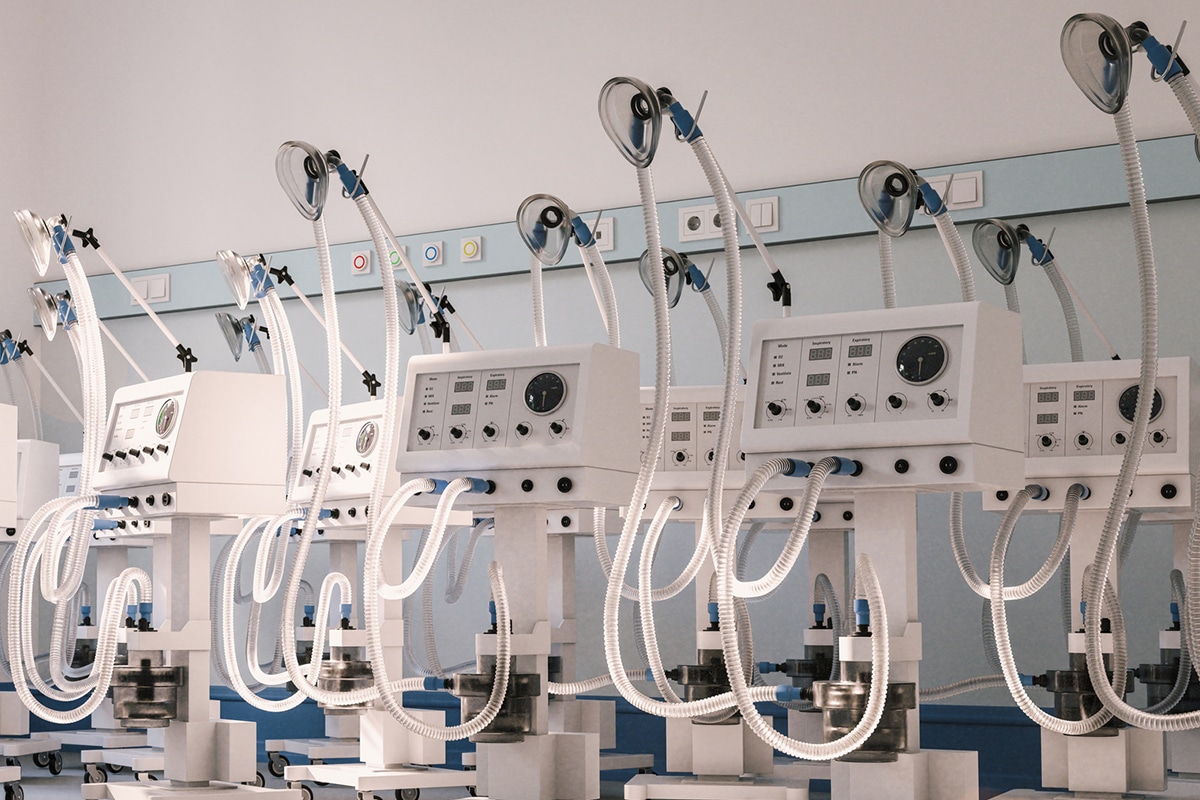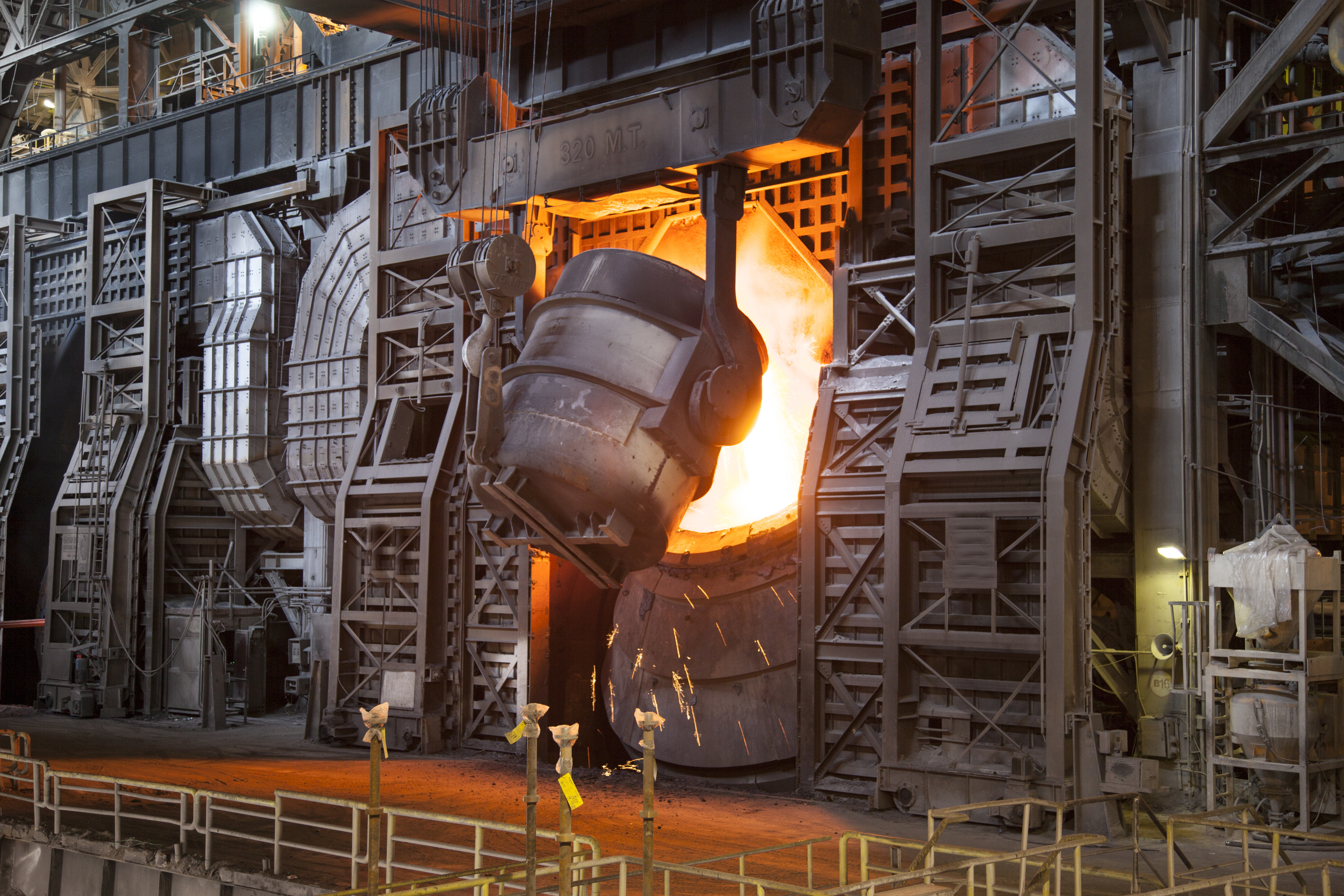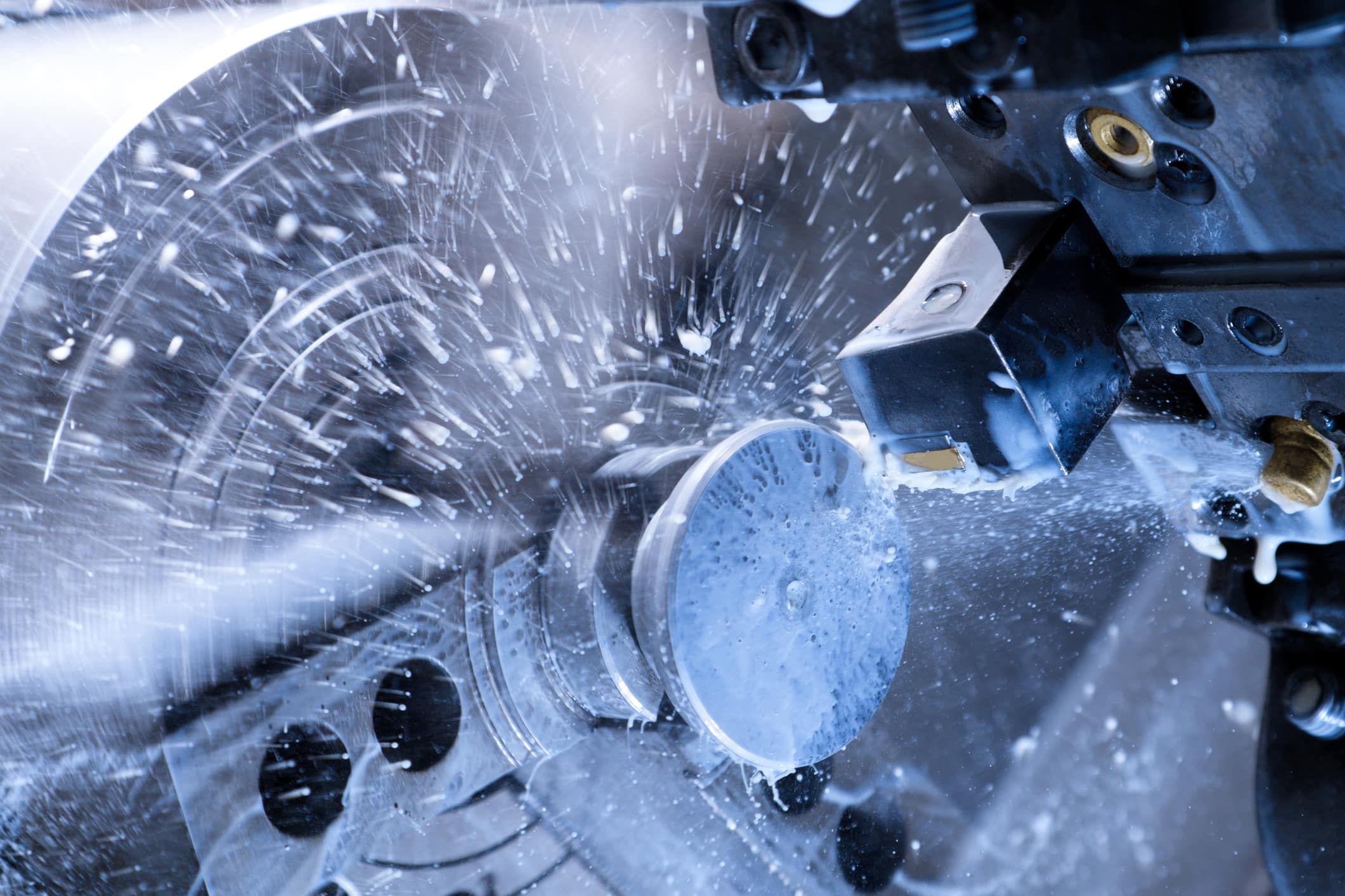With the COVID-19 pandemic continuing to bombard hospitals with more and more cases, the need for medical ventilators has skyrocketed. These critical, life-saving machines, sometimes called mechanical respirators, are often necessary for patients struggling with a severe case of the coronavirus, and many hospitals are experiencing a shortage in ventilator availability with the influx of COVID-19 infections. However, with the spike in production of ventilators comes the increased demand for oxygen-safe lubricants to facilitate safe manufacturing as well as uphold the required performance of ventilator circuits, tubing, and the machines themselves. Halocarbon inert lubricants for reactive gas service and gauges offer a several properties that prove integral to the development of medical ventilators.
Pandemic-Related Shortages of Medical Ventilators
In the major surges of the coronavirus pandemic, the expectations of required ventilators in the United States alone have neared one million units. However, in the spring of 2020, there were only an estimated 160,000 total ventilators available. This large gap between availability and forecast caused an uptick in the demand and production of ventilator and ventilator components. Even several car manufacturers pivoted their assembly lines to aid in the development of ventilators. Accordingly, lubricant formulators are compelled to adapt and join the effort, as oxygen-safe fluids and greases play a vital role in both the manufacturing and performance of medical ventilators. Halocarbon, for instance, with specially formulated lubricants for oxygen-rich environments, is honored to contribute to the fight against COVID-19.
Oxygen-Safe Lubricants for Ventilators and Ventilator Systems
As demand for ventilators continues to grow, the performance reliability and supply chain consistency of essential oxygen service lubricants become increasingly critical. The ventilators themselves require oxygen-safe greases to ensure safe use for patients and hospitals, as well as eliminate the potential of an explosion during manufacturing and transportation. These inert lubricants facilitate nonreactive components, such as valves, tubes, and gauges. Additionally, ventilator systems are composed of a network of tubes and pipes, known as circuits, that also need lubrication. Halocarbon inert oils are strategically formulated with advanced PCTFE technology to equip oxygen service greases with the necessary chemical inertness, thermal stability, and long-lasting lubrication performance.
Halocarbon Lubricants and Greases for Ventilators
For decades, Halocarbon fluorinated oils and greases have been the trusted choice to safely lubricate a full range of ventilator components. These specially designed, oxygen-safe lubricants are equipped with the required inertness and wide temperature range to perform in critical environments with potential reactivity. As reliable, oxygen-compatible, nonflammable, and long-lasting oils, Halocarbon lubricants for reactive gas service are extremely well-suited for medical ventilators and mechanical respirators. Specifically, Halocarbon 25-5s offers a dynamic range of key properties for ventilator applications. This moderate-viscosity PCTFE oil provides excellent lubricity, low compressibility, chemical inertness, and oxygen compatibility, which make it an exceptional grease for reactive gas environments.
Looking for a quote on oxygen-safe lubricants? Have more questions regarding greases and oils for reactive gas service? Contact Halocarbon today.






Leave a Reply